Drinking Water During Cancer Treatments – Your Questions Answered
Drinking enough water is vital to health and life. It is very important that cancer patients drink enough water during cancer treatments. This can be a difficult task because some cancer treatments can make drinking water troublesome. Let’s talk about some of the myths and issues we face as cancer patients.
This post contains affiliate links. As an Amazon Associate, I earn from qualifying purchases.
Questions about drinking water surface a lot in the minds of cancer patients. I had questions about it when I was going through treatment. And I know that you have questions too. I get asked all the time about this topic. So, I thought I would write this article. I hope it answers your questions.
Why Should I Drink Water?
The answer to this question seems obvious, doesn’t it. But then why are over 75% of Americans chronically dehydrated? We all know we need to drink water to survive. But we also need to drink MORE water to thrive.
Water does so many things in your body.
It is vital to controlling your heart and blood pressure.
It keeps you cooled on hot days.
Water is the true detoxifier; flushing out toxins and wastes from your body.
It helps you digest your food and carries nutrients to where they are needed.
And water lubricates and cushions your joints, organs and brain.
Water is essential to bathe every cell and tissue in your body.
And for those going through dehydrating cancer treatments, it is especially important to drink water.
Related Articles:
The Sparkling Water Debate – Are Carbonated Waters Healthy?
Does Drinking Water Dilute Chemotherapy Drugs?
The short answer to this question is ‘NO”!
Drinking water cannot, will not and does not dilute out drugs once they are in your body. It absolutely doesn’t work like that.
The long answer is a bit more complicated. When drugs enter your body they must circulate around to do their job properly. Staying hydrated helps them get to where they need to go.
Drinking water does not alter the drugs ability to bind to the receptors that it targets. Once the drug gets to where it is intended, it will work just fine. Thus, water does not alter its affinity to its receptor, nor does it decrease its efficacy.
The only way to dilute drugs is to add diluent to them BEFORE they are administered. And, if this is needed, it will be done by the pharmacy based on your doctor’s prescription.
Does Drinking Water Weaken Chemotherapy Drugs?
Again, the answer is a resounding ‘NO’!
Drinking water does not weaken the drugs you are given.
In fact, staying hydrated makes taking drugs MORE EFFECTIVE and SAFER.
Most drugs are processed in the liver. Your liver works better when you are hydrated. Depending on which drug it is, it will be either activated or deactivated there. Then, once processed, they are sent out into the body.
The activated drugs go on to help kill cancer. You definitely want this to happen. Staying nicely hydrated will help your blood circulate these active drugs better.
The deactivated drugs, that have already done the work they needed to do, are sent to the kidneys. These deactivated compounds can be toxic to the body and need to be flushed out. Drinking water helps flush these toxic metabolites out of your system.
Should I Drink Water When I Take My Pills?
Generally speaking, water will flush the pills down into your stomach where they will dissolve. There are some reports of inflammation or burning of the throat when pills get stuck in the esophagus part way down.
Pure water is always best. Other liquids, such as grapefruit juice or milk may interfere with some medications.
But always follow your pharmacist’s recommendation when taking pills.

Can I Die If I Drink Too Much Water?
Your body has an amazing capacity to keep your water balance in a steady state. If you drink a lot of water, hormones, like angiotensin and vasopressin, will kick in and tell your kidneys to make more urine. You will simply pee out any excess fluids you don’t need.
The problem, though, is that when your kidneys open up to deal with a lot of water all at once, it also opens up to electrolytes. When you pee out large quantities of fluid, you may also be losing sodium too. If you lose too much sodium, you may become ‘hyponatremic’ which is a dangerous and emergency medical condition. You can die from hyponatremia.
But the good news is that this is very hard to do. You need to drink a lot … and I mean A LOT!… of water to make this happen. And there are usually symptoms that you would experience, like profound weakness, muscle cramps, headache, seizures, and coma that would happen before you die.
Hyponatremia is more of a risk for athletes who workout for long periods, such as marathon runners and triathletes. They also lose sodium through sweating. It is estimated that drinking 1.5 L per hour under these conditions may lead to dangerous levels.
Does The Fluoride In Some Tap Water Cause Cancer?
Again, the short answer to this question is ‘NO’.
In 2006, a study was published that showed a correlation between drinking fluorinated water and bone cancer in pre-teen boys. The same results were not found for girls. The researchers, themselves, issued a caution in interpreting this data and said that more research was needed.
However, further research prompted a statement by the National Cancer Institute that says there is no credible evidence to say that fluoride causes cancer.
“Studies to date have produced ‘no credible evidence’ of an association between fluoridated drinking water and an increased risk for cancer” – National Cancer Institute –
Not all municipalities add fluorine to tap water.
Does Chlorinated Tap Water Cause Cancer?
The chlorine in tap water may increase your risk for some types of cancer, yes.
To prevent disease from microorganisms, many municipalities use chlorine to disinfect tap water.
However, when the chlorine reacts with some of the organic matter in the water, chemicals called trihalomethanes (THMs) are produced. THMs have been linked to an increase risk of cancer in people.
Both bladder and colon cancer have been linked to drinking chlorinated water. It takes about 35 years or more for this to happen.
Some municipalities are moving away from chlorine disinfection. But if yours isn’t one of these, then using activated carbon filters can help remove some of these by-products and reduce the risk.
Why Should I Drink More Water When Going Through CHEMOTHERAPY?
Many of the drugs used in chemotherapy are dehydrating. They can wreak havoc with your blood vessels, making them leaky. This may lead to fluid loss from your circulation and accumulating where you don’t want it. This causes swelling.
Your kidneys also need to work harder at flushing out the toxic chemo metabolites and by-products.
On top of that, you don’t really feel like drinking much because you are nauseated. And chemo can cause vomiting, which means you are losing even more fluids.
Your oncology team will give you intravenous fluids during your treatments. But it is important for you to continue to replace these fluids at home by drinking more water.
Why Should I Drink More Water When Going Through RADIATION THERAPY?
The only way to keep the inner layer of your skin healthy is to eat healthy foods and stay hydrated. Topical creams and moisturizers don’t reach this layer very well. Keeping it moist and plump by drinking more water will help reduce your risk of side effects to radiation.
One of the side effects of radiation is dehydration. So it is important to ensure you are drinking enough water during your treatments.
Dehydration can be made worse with the skin burns that some patients experience with repeated doses of radiation. When the skin barrier is broken like this, you lose more water through evaporation. So, again, drink more water if you have radiation burns.
Related Articles:
Do’s & Don’ts of Eating During Cancer Radiation Therapy
Walking Away Side Effects of Cancer Radiation Therapy
How Does Drinking Water Help Me Heal from SURGERY?
Nicely hydrated tissues heal faster after surgery.
Dehydration reduces blood flow. That means that there is a delay in getting enough oxygen and nutrients to repair tissues and promote healing.
Drinking water helps to reduce inflammation caused from the surgery. You will flush away old dead cells to make room for healthy new cells.
If you drink enough water, you will pee out damaging compounds that continue to cause more inflammation.
Drinking water will help your cells regenerate and cover wounds faster.
And staying hydrated will help to minimize scarring, as the collagen remains soft and pliable.
Are there other benefits to drinking water during Cancer Treatments?
One of the first signs of dehydration is tiredness. And with cancer treatments, the number one side effect is fatigue. So, staying hydrated will help you feel less exhausted during your treatments.
Drinking water flushes bacteria from your mouth. Some cancer treatments can cause sores in the mouth. So keeping your mouth as clean as possible can help reduce infections that make this side effect worse. The first step in oral hygiene is drinking water.
Some treatments can also cause Dry Mouth, as you might not be able make saliva to keep it moist. Water is essential to helping this condition. Even if you have trouble swallowing the water, just swishing cooling water around in your mouth can be soothing.
Drinking water helps with foggy brain. Even just 2% dehydration affects our ability to think clearly. Add that to the effects of cancer treatments and all your worries and fears, and it makes it even more difficult. So, take dehydration out of the equation and stay hydrated.
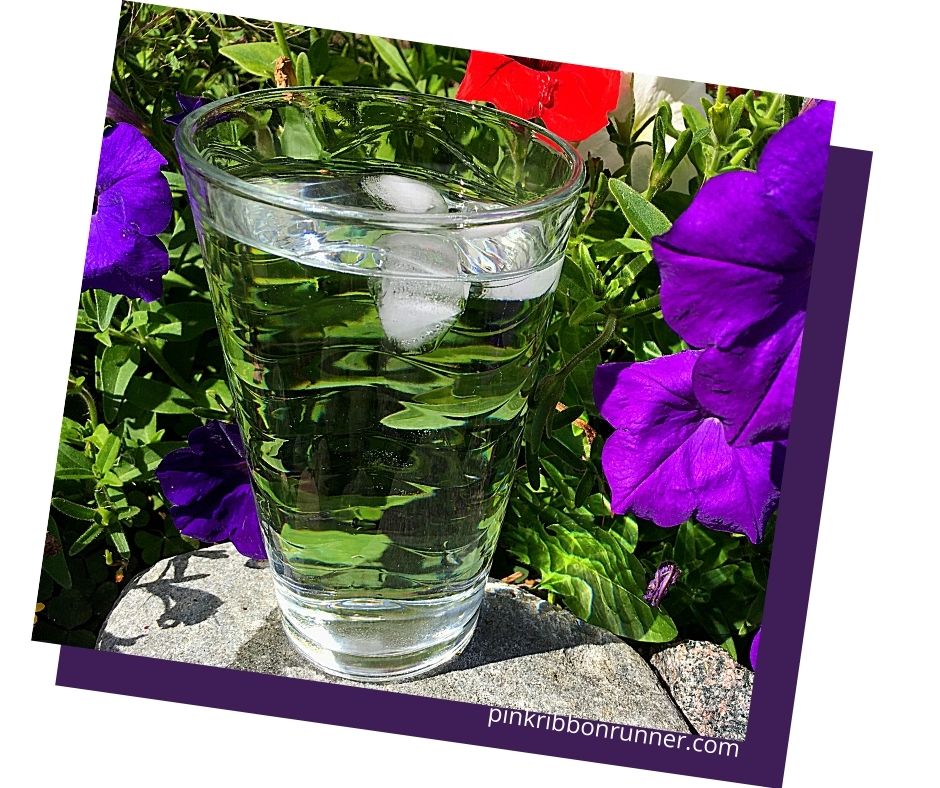
Should I Drink Alkaline Water?
The only valid reason to drink alkaline water is to stay hydrated. And you can do that with plain, neutral water.
The idea behind alkaline water came from the studies that showed cancer cells have an acidic outer layer. Researchers found that cancer cells died when exposed to alkaline fluids. So, people took hold of this and started promoting alkaline water as a treatment for cancer.
But, if you isolated your other healthy cells in a petri dish, they would not survive in an alkaline environment either.
Drink alkaline water, and it will just be neutralized by your stomach acid before it gets across your gastrointestinal tract and into tissues anyways.
Your body keeps itself at a very tight, constant neutral pH. It has a tremendous ability to keep your pH stable with your blood buffering system. In fact, if your blood is too acidic or alkaline, you may have a different health problem. Talk to your doctor about this.
Drinking alkaline water will not change your body’s acid levels in any significant manner.
How Can I Drink More Water?
Water tastes horrible when going through treatments. I couldn’t stomach plain water. I am lucky to live where there is good quality tap water. But, I could taste every metal and chemical in my tap water after chemotherapy treatments. And it smelled horrible.
So, I learned a few tricks to stay hydrated despite my treatments.
1. Sip small amounts regularly during day
I set my watch to alert me every 30 minutes. There are phone apps that will do this too now.
And check out the Hidrate Spark water bottles. They help you calculate how much water you need, track your water intake, and light up to remind you to drink more water. These bottles work with your smart phone through the free hydration tracker app.

This Hidrate Spark 3 Smart Water Bottle is just the coolest water bottle!
2. Suck on ice cubes
Crushed or shaved ice is also nice.

The Vivohome Electric Ice Shaver & Snow Cone Maker Machine got rave reviews.
How much fun are snow cones!?
3. Drink flavored waters
I discovered my love of fruit infused water because I could no longer drink plain water.
Infusing water with fruit is easy and delicious. Simply add fruit to a jug of water and let it steep overnight in your fridge. Delicious.
4. Drink sparkling water
The flavor of sparkling water is a bit different than regular water. I was able to tolerate sparkling waters well.

Make your own sparkling water at home with a SodaStream.
5. Drink diluted juice and broths
Just don’t drink grapefruit juice without talking to your pharmacist.
6. Use a straw
Some cancer patients find straws helpful, especially if you have mouth sores or a sore throat.

I prefer stainless steel straws. They don’t have that plastic taste.
And they are better for the environment.
7. Experiment with drinking cold, warm, or hot water
Temperature changes the taste of water. I discovered that I actually like plain hot water. Cold water can sooth a sore mouth or throat, but it may upset a nauseated stomach. You may need to experiment with water temperature to find what suits you best.

These kettles are so much faster than stovetop.
We love ours.
8. Try filtered water
You can filter your own water with a Brita filter or other such device. Or you can purchase filtered bottle water, such as Smartwater. Many cancer patients find Smartwater tolerable.

Filters that fit right on your kitchen tap can get rid of some of the things that affect taste.
They are easy to use too.
Just make sure they work with your taps before you buy one.
9. Eat foods with high water content
There are many healthy options for foods that have 80 – 95% water. Watermelon is a great example. I listed some other foods in my post; Do You Drink Enough Water.
10. Drink before your treatments
If you know you won’t be able to stomach water right after your treatment, then try drinking a little extra before.
11. Ask your oncology team for help
There are medical options too. Let your doctor know that you are having trouble drinking water. They can give you some intravenous fluids Or, they can even put in a feeding tube if it is an ongoing concern.
My throat hurts or I gag when drinking water, what can I do?
Be sure to tell your oncology team that you are having trouble drinking water. They can adjust or add in other treatments, depending on the reason.
In the meantime, try a few of the tricks above. Some find sucking on ice or drinking cold water helps. And take smaller sips more frequently.
Ask about a feeding tube if it will be a while before you can eat or drink normally.
You need to stay hydrated and you need your nutrition to heal and recover from cancer treatments.
Don’t be afraid to tell your doctors of any side effects you are experiencing. They are there to help you.
I hope this answered some of the questions you may have about drinking water during your cancer treatments.
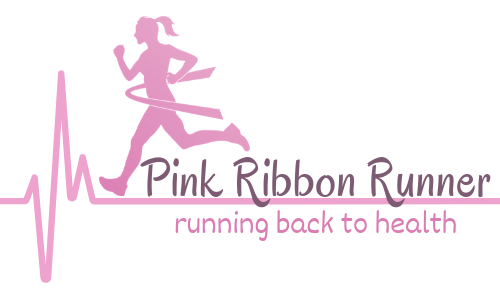



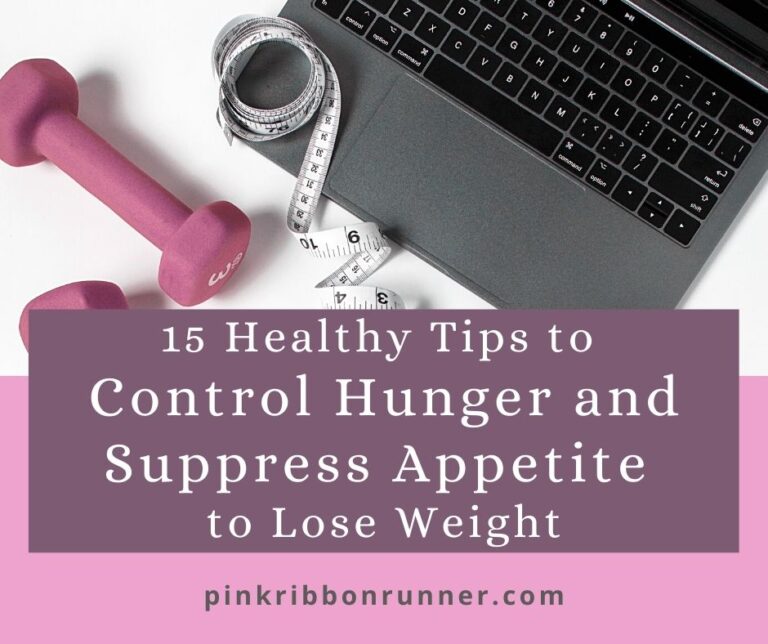
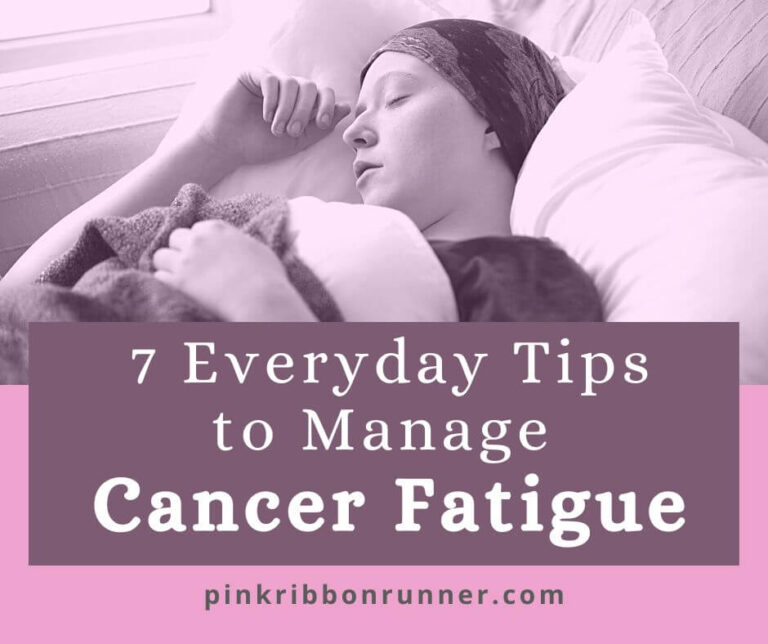

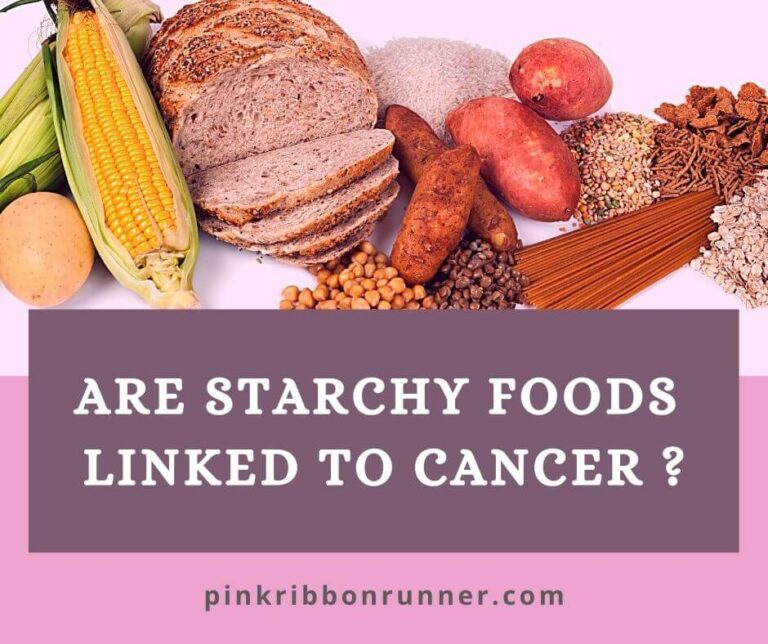
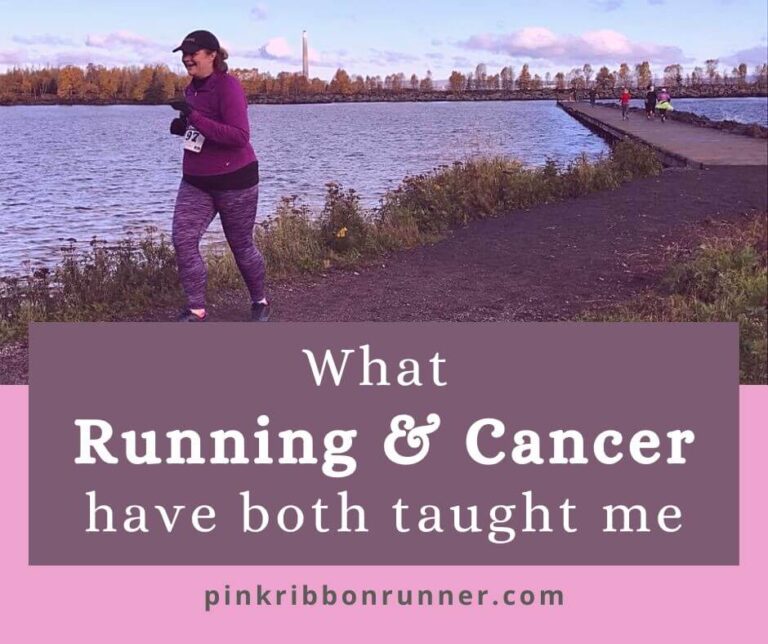
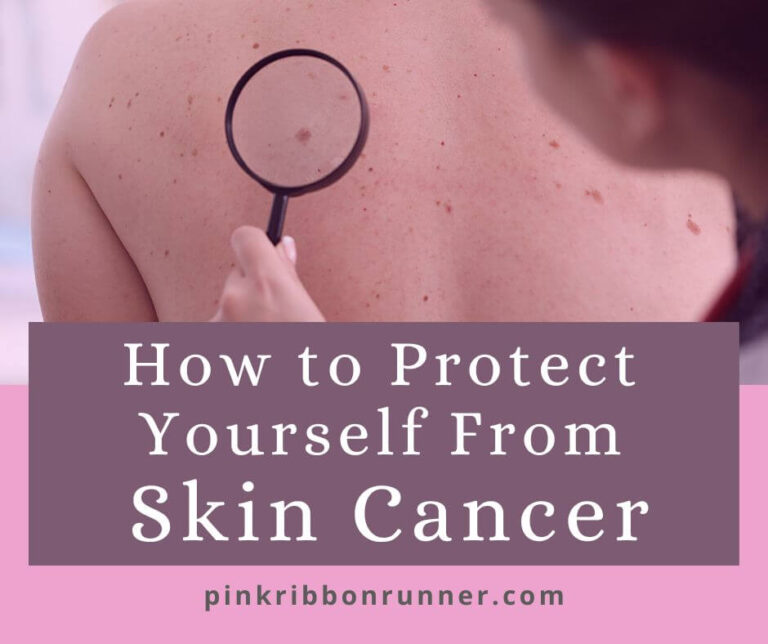
I just had my first chemotherapy on 5/3-5/4 after recurring stomach cancer in 3 1/2 months. Thank u for your website which I feel I can trust and follow unlike others’ . Great info!
I am so glad you found my website helpful. I wish you best outcomes in your treatments.
Very, very important topic! It’s good to know all the ways to stay hydrated in cases like these. The infused water is such a great idea, too!
This so important and it touched my heart. My mum has been diagnosed with cancer and I understand the problems she is having with dehydration and how its affecting her wealth.
Thanks for sharing
Sorry to hear about your mum. I hope she can get her hydration back and heal!